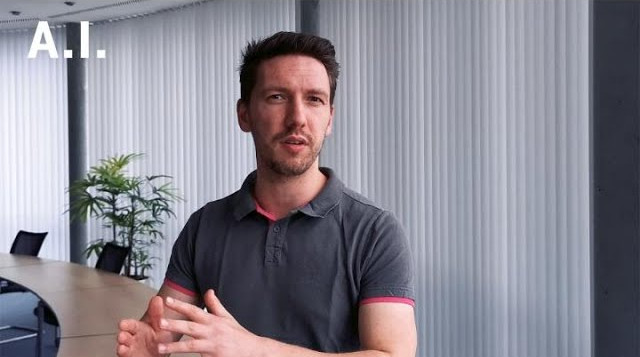In this article you will read about,
- how artificial intelligence makes accounting more secure,
- how it can improve the customer experience,
- and why it creates more time for what really matters.
No Internet again, the washing machine is on strike, the order just won't arrive: There are many situations in which customers need support from customer service. Then it's often a case of searching for e-mail addresses and telephone numbers and spending a lot of time stuck on hold when calling hotlines. And last but not least, being passed on from one contact person to the next, waiting again, and having to restate the request over and over again. Although the quality of service has improved in recent years, such processes still cost those seeking help too much time and patience. And it costs companies a lot of money. Artificial intelligence can play a key role in optimizing the quality of customer service: As phone or chatbots, they automatically classify the concerns, take care of the documentation, and refer the customer to the human employees who are actually responsible. This speeds up processing, frees up staff time for more important tasks, and increases customer satisfaction.
Artificial intelligence has also long proven very useful in human resources. For example, the technology can categorize candidates by skills, career level, and salary requirements immediately upon receiving the applications, so that no one slips through the cracks on first contact. And when artificial intelligence automatically logs job interviews, taking away a tedious routine task, HR staff can once again focus entirely on people and content. This also has many advantages for applicants: The process is unbiased and faster. According to a Statista study, half of all application processes from initial contact to signing the contract take up to four weeks, and almost a quarter even take between one and six months. Used correctly, AI can help save valuable time at many stages.
In accounting, artificial intelligence can not only save time and money, but also protect against criminal consequences. The smart algorithms detect irregularities in account transactions, correctly classify settlements, and help automate correspondence. Especially in times of increasingly strict legal compliance regulations, the technology can become an effective tool for adhering to all specifications.
In the video, Max Guhl from the A.I. team at T-Systems explains where artificial intelligence can still help companies, and how the rollout can work seamlessly and without companies using their own data centers.

